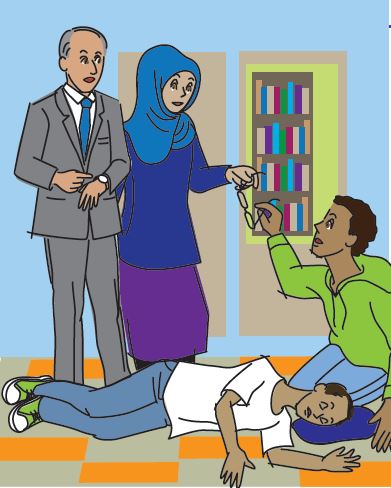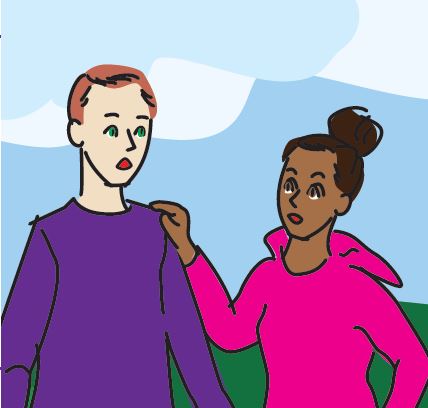Seizure First Aid
Whether or not someone has epilepsy, seizures can happen at unpredictable times and in inconvenient locations. Statistically, one in 10 people will have a seizure in their lifetime; the odds are that someone you know will have a seizure.
Knowing how to respond when someone has a seizure is crucial. Most seizures are not a medical emergency, and the general steps to ensure the person having a seizure remains safe are simple.
Watch our short video to learn the basics now:
General Seizure First Aid
Stay Calm
Do not panic. Most seizures are not a medical emergency.
Time the Seizure
If the seizure lasts for more than 5 mins, call 911.
Remove Hazards
from the immediate area and keep the person safe.
Do not:
restrain the person or put anything in their mouth.
Offer Reassurance
The person may be disoriented as the seizure ends.
First Aid for Specific Types of Seizures
Generalized Tonic-Clonic Seizure First Aid

Formerly called “Grand Mal,” a tonic-clonic seizure is a convulsive seizure with loss of consciousness, muscle stiffening, falling, and jerking motions.
- Time the seizure.
- Turn the person on their side.
- Cushion their head.
- Remove glasses and loosen tight clothing.
- After the seizure ends, offer reassurance.
Focal Impaired Awareness Seizure First Aid

These are non-convulsive seizures where the person shows signs of confusion, unresponsiveness, or inappropriate behavior. Behavior may include losing awareness or appearing to be intoxicated from drugs or alcohol.
- Time the seizure.
- Gently direct away from hazards.
- Do not restrain them.
- After the seizure ends, offer reassurance.

When to call 911
When is a seizure an emergency?
- Seizure lasts longer than five minutes
- Seizure clusters (multiple seizures occur rapidly)
- The person is injured
- Seizure occurs in water
- You feel uncomfortable dealing with the situation
- You know (or believe it to be) the person’s first seizure
Sudden Unexpected Death in Epilepsy (SUDEP)
SUDEP is when a seemingly healthy person with epilepsy dies unexpectedly, and the reason for death is unknown. Keeping your seizures controlled through medication or other therapies and avoiding seizure triggers is the best way to reduce your risk of SUDEP.
Learn More About SUDEP